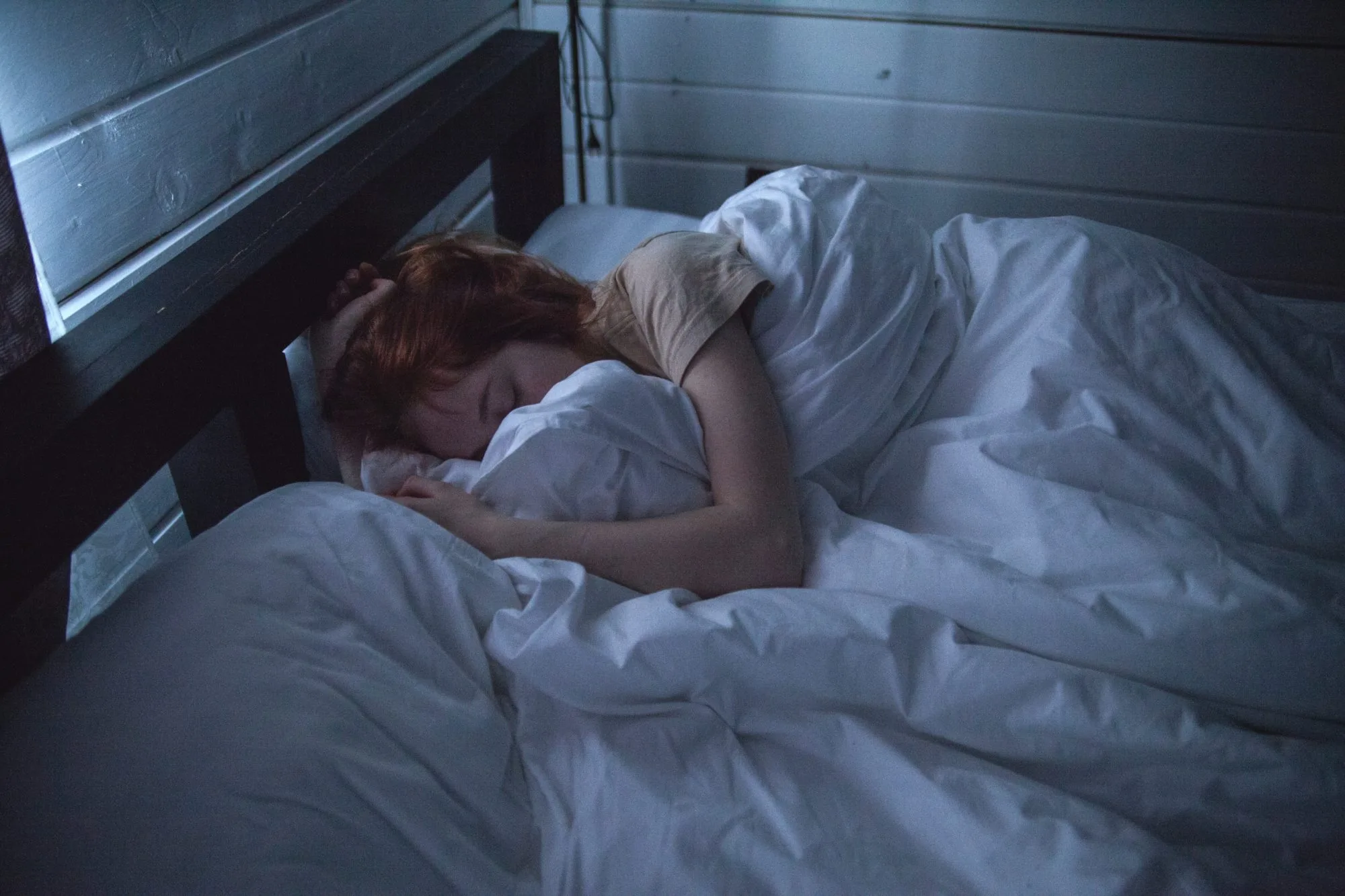Could getting an early night and sleeping for a bit longer result in weight loss? Let’s be honest, most of us don’t get enough sleep. In most cases, it’s not that we’re actively avoiding it. But life gets in the way and before you know it, it’s 1 am and you’re still responding to work emails or getting on top of tasks well outside of your work hours. This is despite the fact that we all know that we need to sleep in order to function properly the next day. But it seems that sleeping a bit more could do wonders for more than just your brain, it might also help you lose those extra pounds.
Why getting enough sleep is important (and why not getting enough is bad)
It’s a well-known fact that sleep works to power our bodies and give us the energy we need to reset and take on the next day. Bad sleep or too little sleep has an immediate negative effect on the body. Lack of sleep, especially when its chronic can cause hormone imbalances, reduce exercise performance ability and even reduce brain function.
fizkes/shutterstock
In the long term, it may also lead to:
- Heart disease
- Weight gain
- Heart attack
- Irregular heartbeat
- Stroke
- Diabetes
- High blood pressure
- Heart failure
But getting enough sleep also seems to have a huge impact on our eating habits. It seems to help us to keep up healthy habits and, ultimately allow us to live a full and optimal life.
LongevityLive has written extensively on sleep. Read about why you need sleep so much here..
So, how much sleep should you get?
Unfortunately, it just isn’t the same for everyone. Despite the fact that there is tons of advice out there, the amount you actually need is really dependent on you. Your age and health are also huge factors when it comes to how much sleep you need. As a baseline, The National Sleep Foundation advises between 7 and 9 hours of sleep per night for adults.
However, babies, children, and younger teens usually require more than this in order to support growth and development. It’s also worth mentioning here that there is also a difference between acceptable and optimal amounts of sleep. Whilst most adults can function on less for a limited period of time, it isn’t ideal and can lead to serious health risks.
The study
A recent four-week randomized clinical trial analyzed the sleeping and dietary patterns of 80 adults. The adults chosen regularly slept 6.5 hours or less per night which is generally considered too little. After a two-week baseline period, half of the group was counseled on extending their sleep to at least 8.5 hours. The other half of the group continued as normal. Lead author of the study Esra Tasali, M.D explained that “previous research has already shown that not getting enough sleep can lead to overeating and, subsequently, weight gain”. The real question was if you upped your sleep, could you potentially reverse these adverse effects? During the trial, all participants were told to make no other changes to their lifestyle. No dietary changes and no changes in exercise levels.
Sleep and weight loss are connected but can increasing your sleep lead to weight loss?
The answer here seems to be a big yes! But it might not be in the way you’re thinking. It isn’t that getting more sleep causes weight loss in the body. Instead, getting enough sleep and increasing the amount you get is linked with a reduction in your caloric intake. Essentially, when you get enough sleep, your body
popcorner/shutterstock
doesn’t feel that it needs extra energy to function. And this study just served to further prove the point that increased sleep could in fact lead to a lower calorie intake which in turn, results in weight loss.
Less calories, more sleep, more sleep less calories
Tasali also makes sure to note that this was not a weight-loss study. The focus was simply to establish and confirm the connection between lack of sleep and overeating and prove that any weight gain because of it can be reversed by increasing your sleep time by at least an hour. Although the study was just two weeks long, Tasali explained that they “have quantified evidence showing a decrease in caloric intake and a negative energy balance”. Tasali also noted that were these lifestyle changes to be upheld and followed for a longer period of time, it would likely be “clinically important [for] weight loss”.
References
https://jamanetwork.com/journals/jamainternalmedicine/fullarticle/2788694
https://www.sleepfoundation.org/how-sleep-works/how-much-sleep-do-we-really-need




